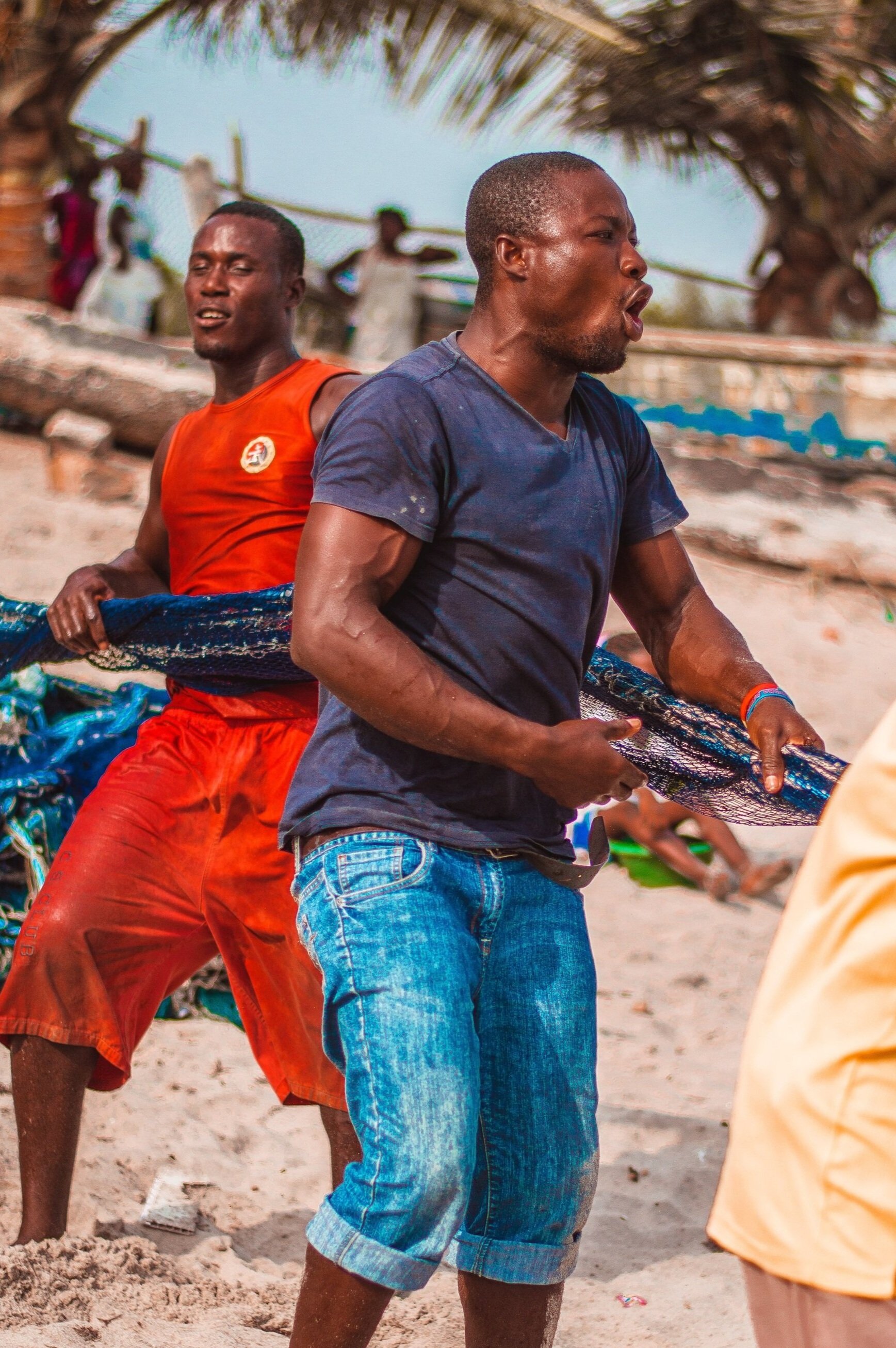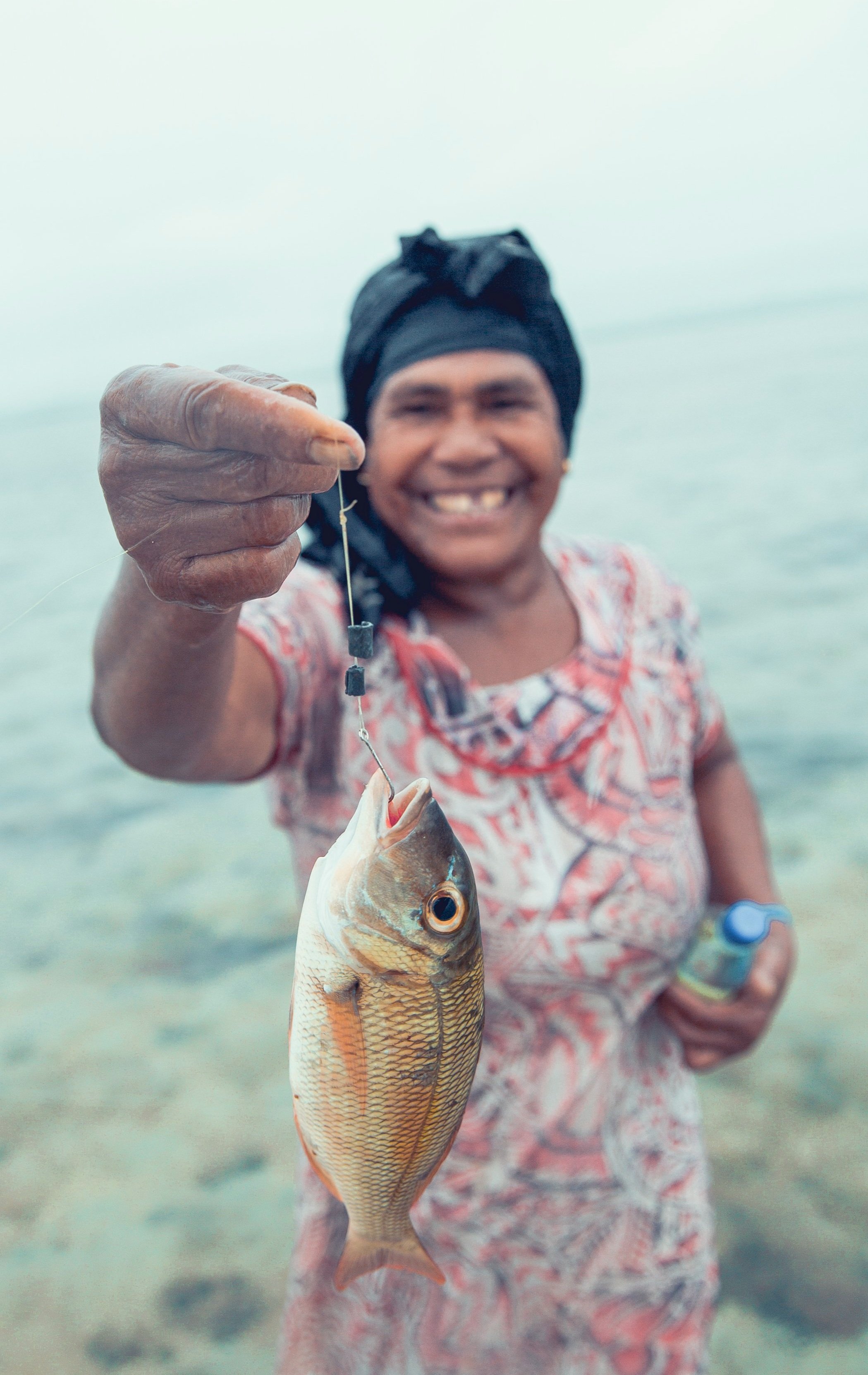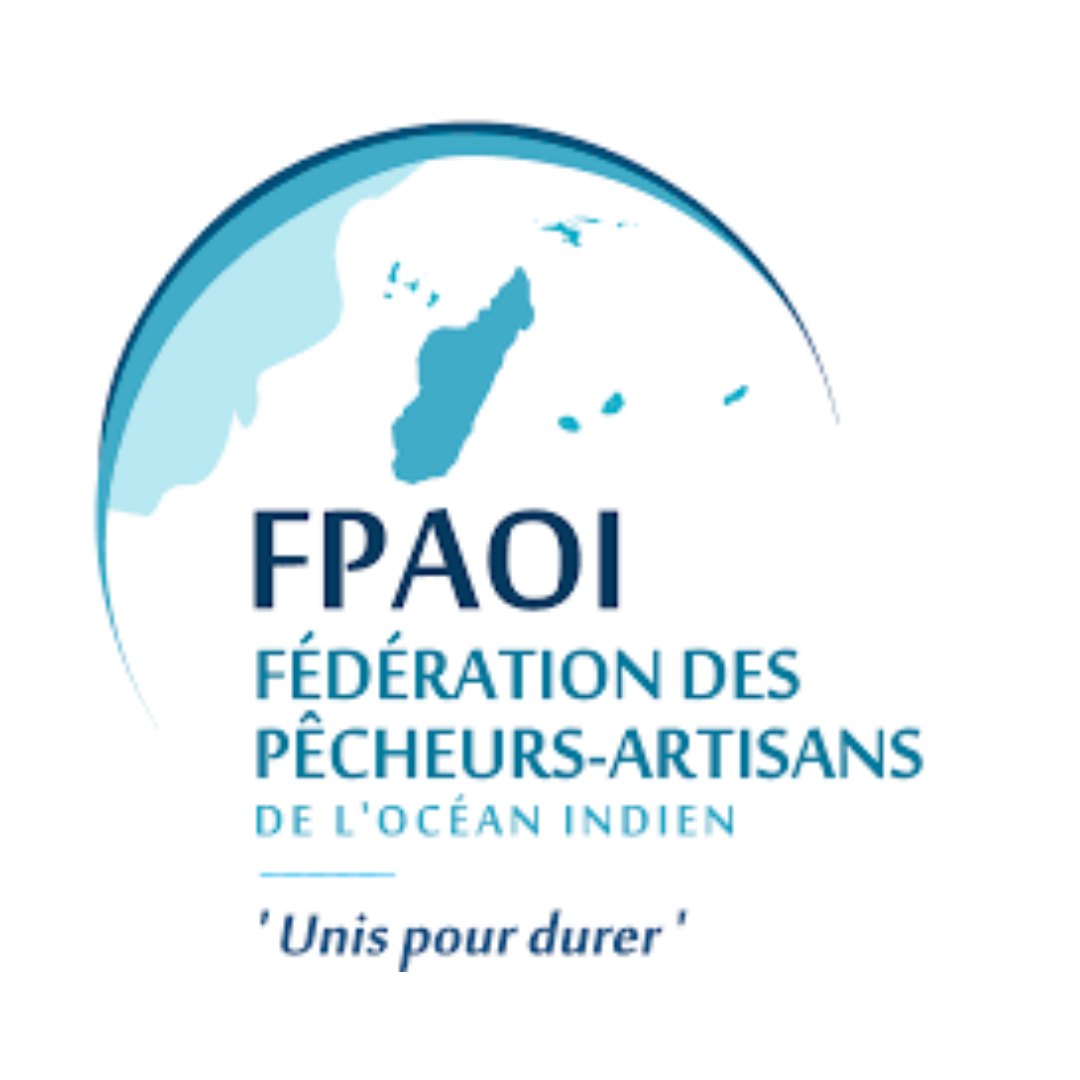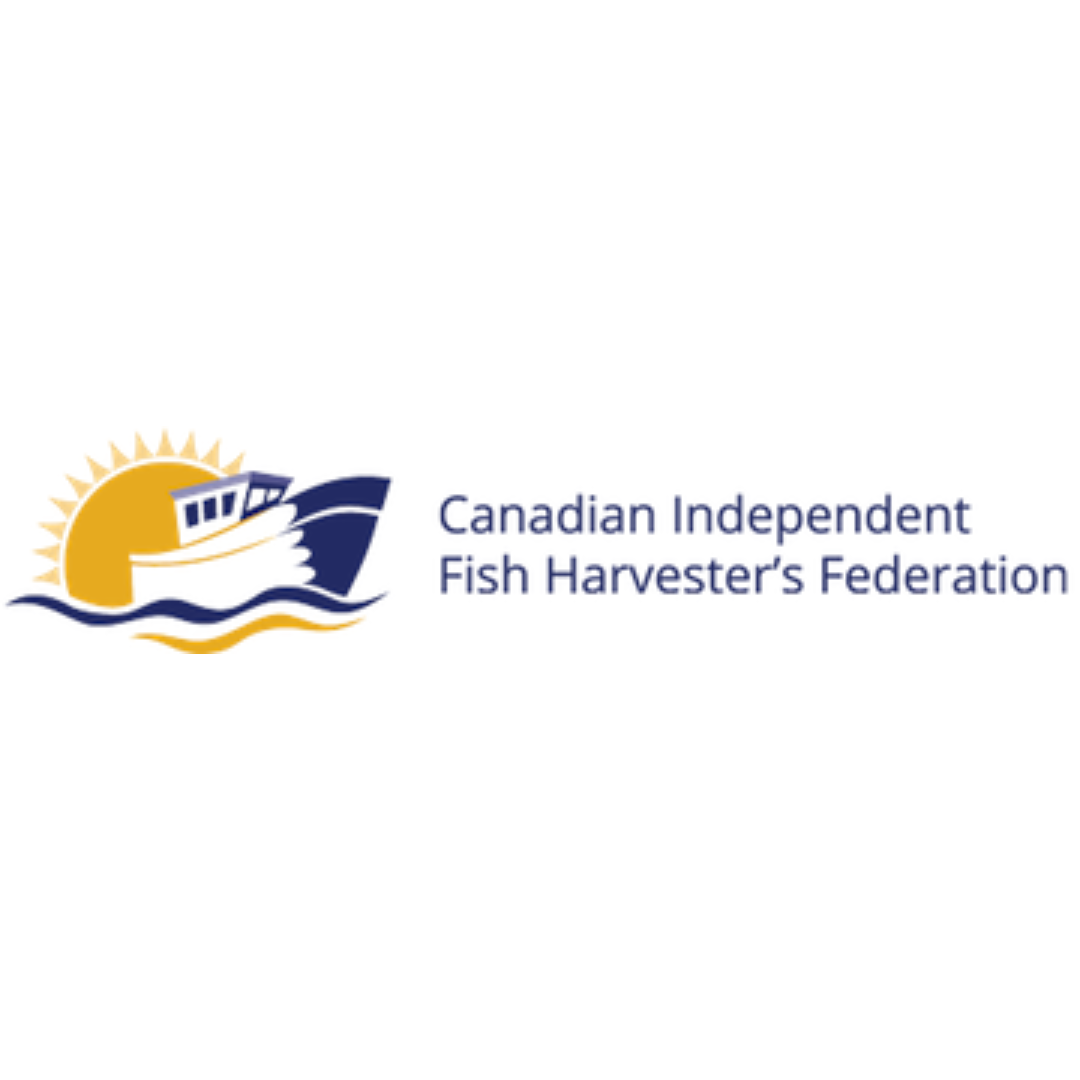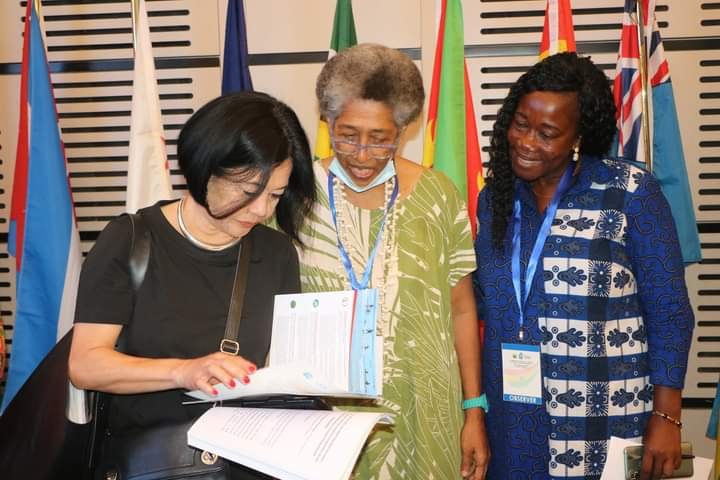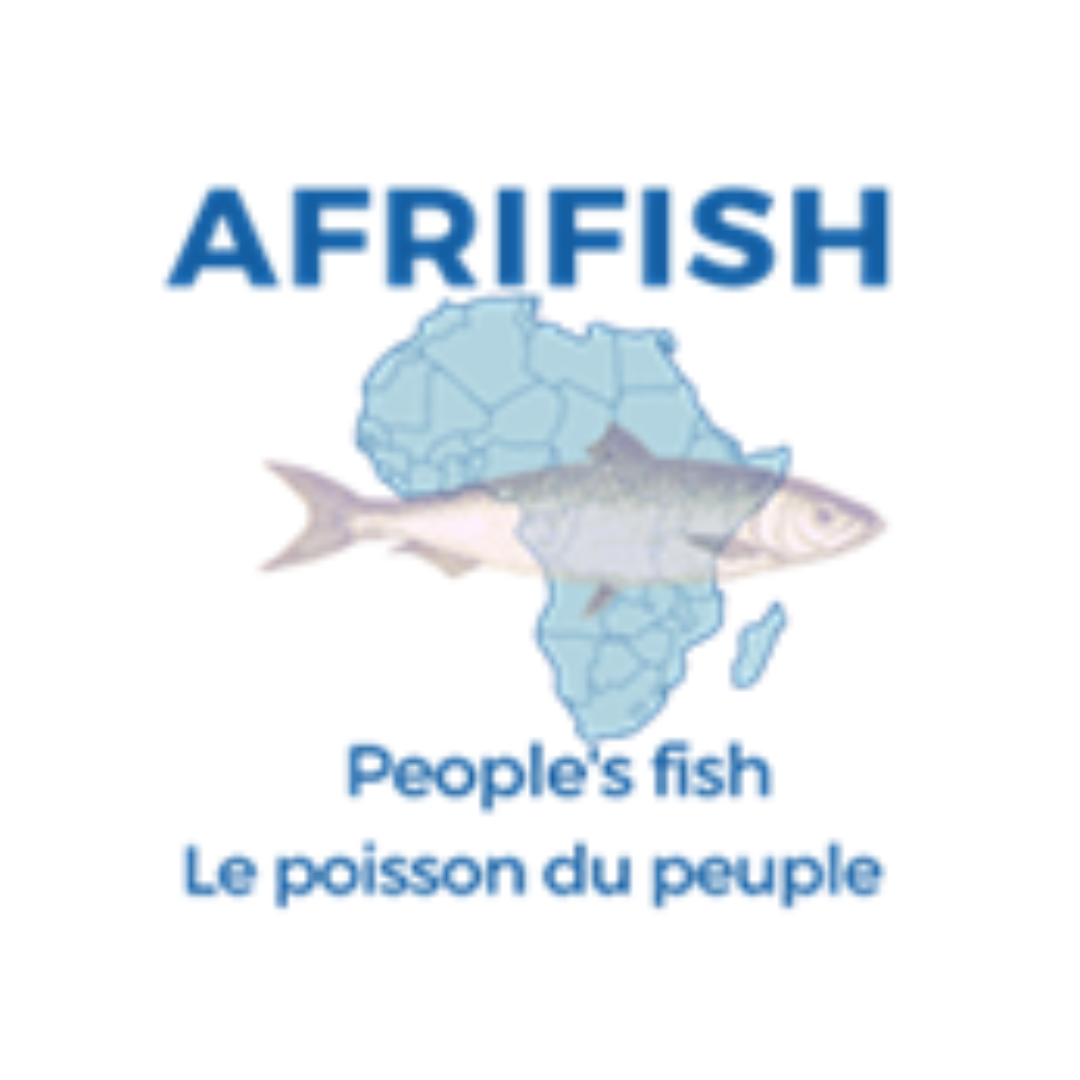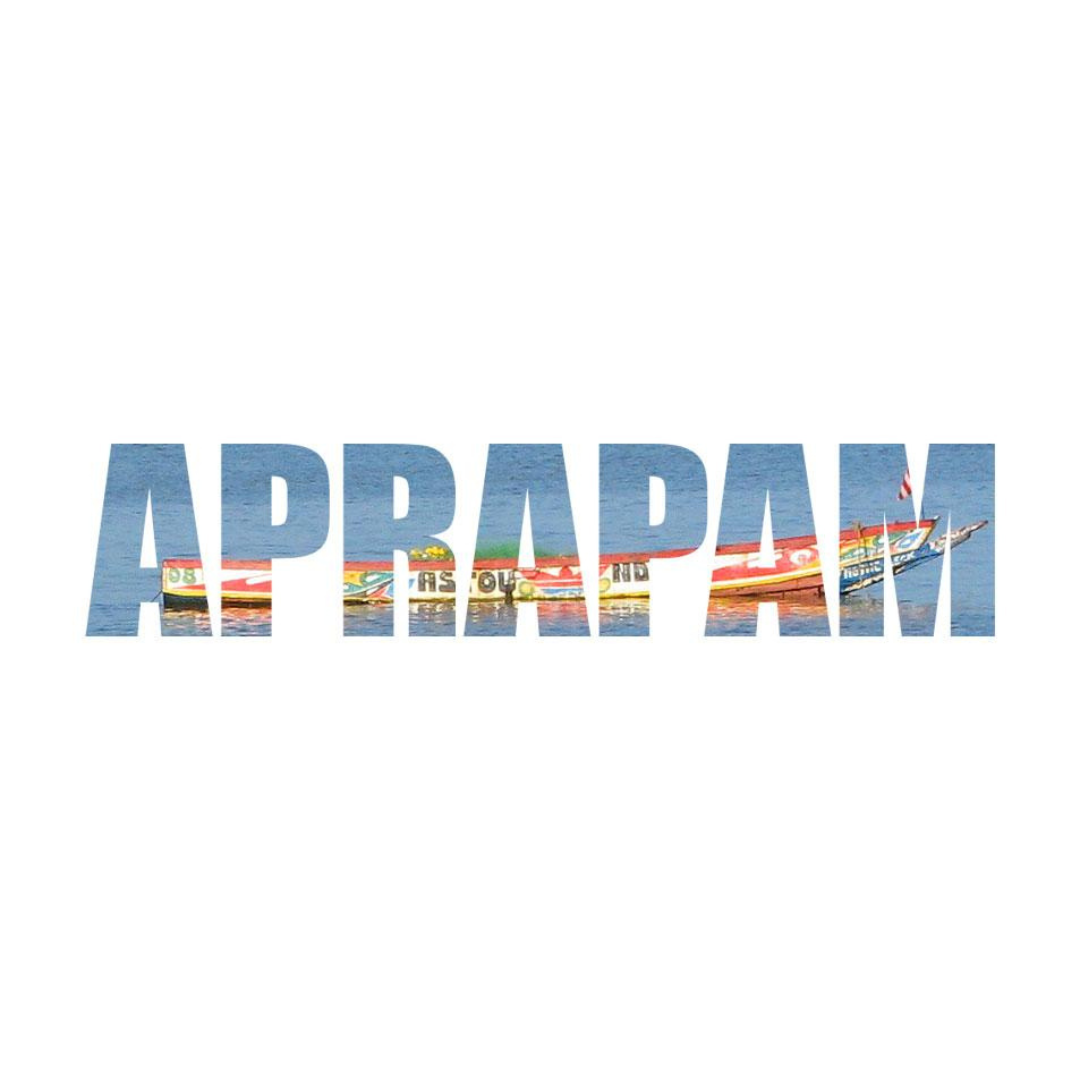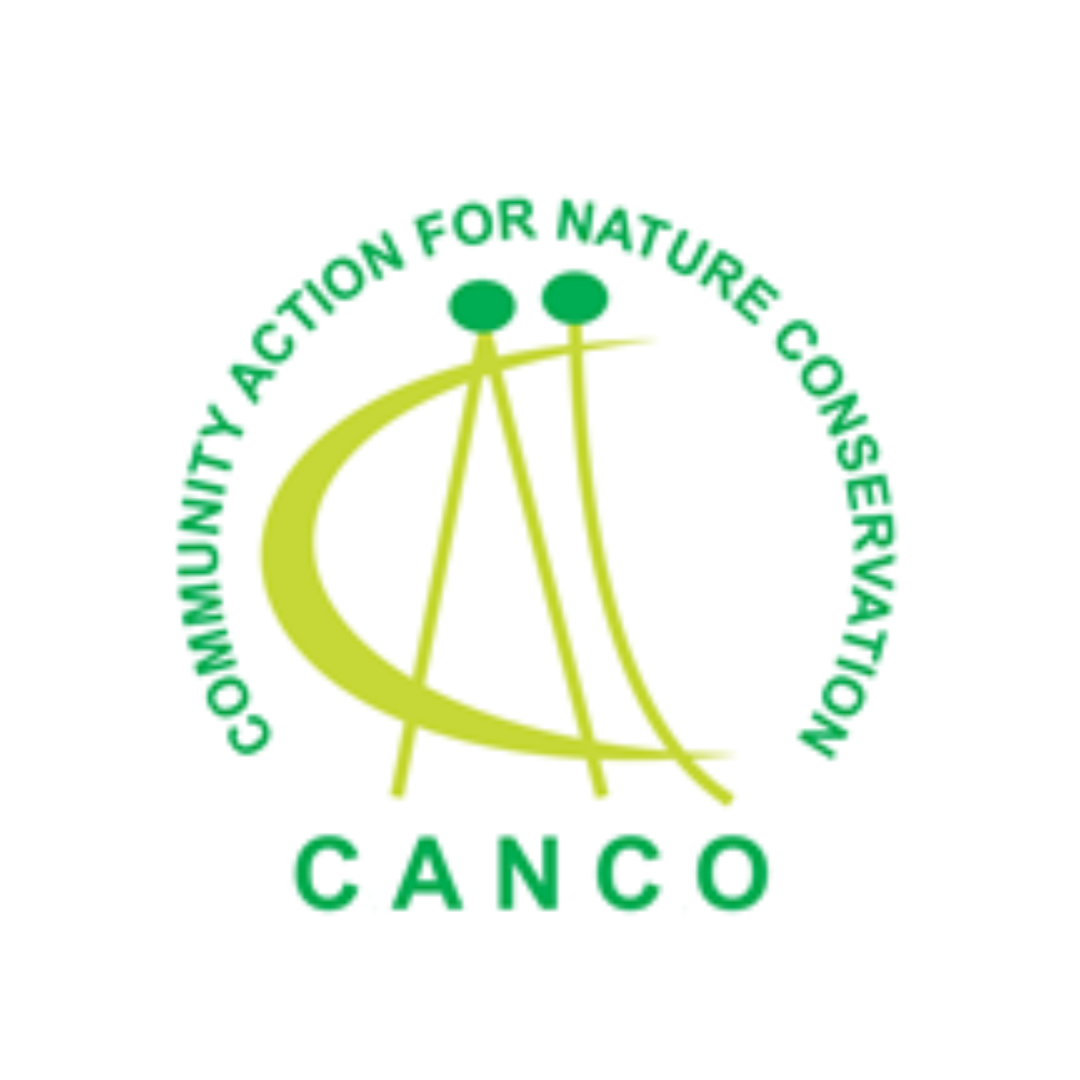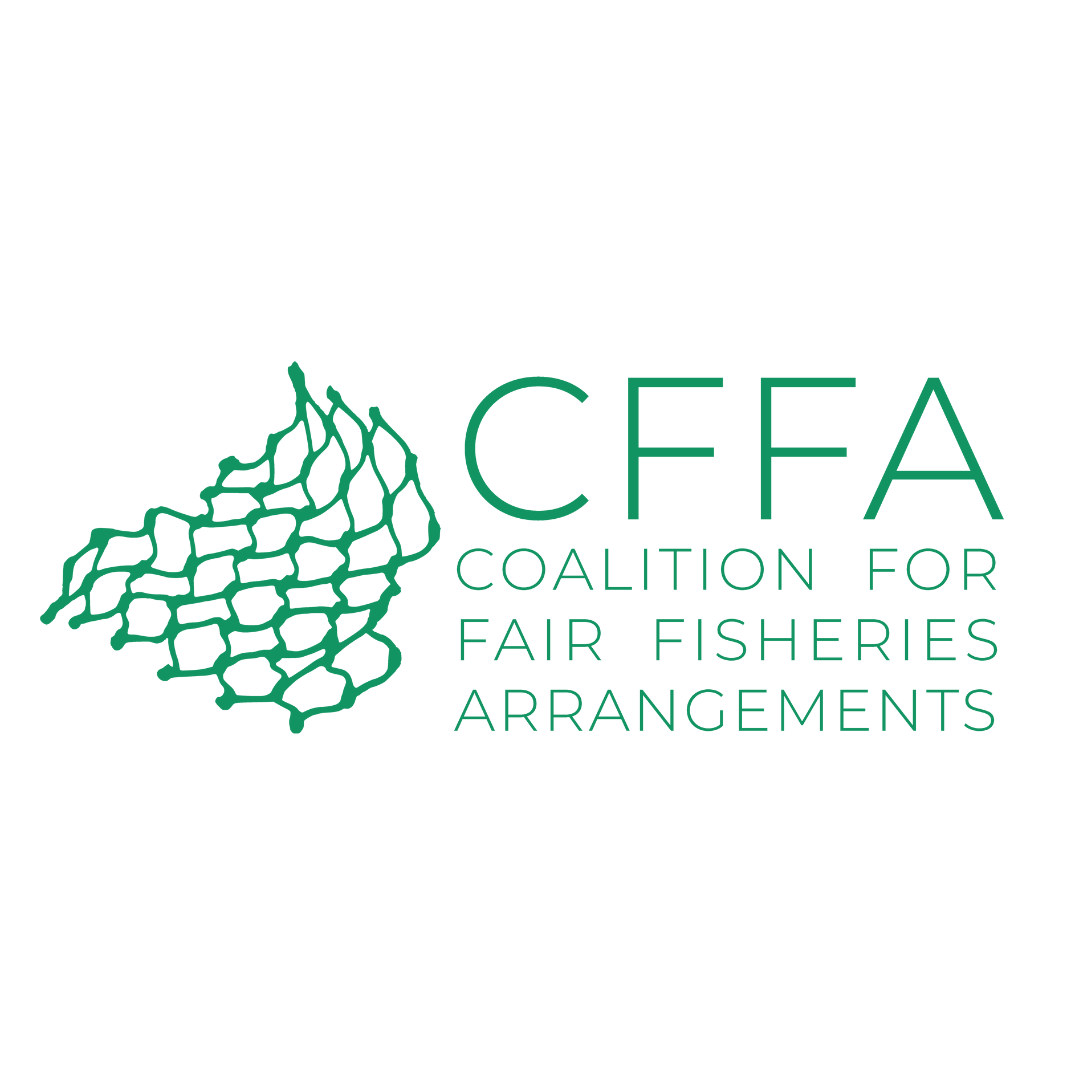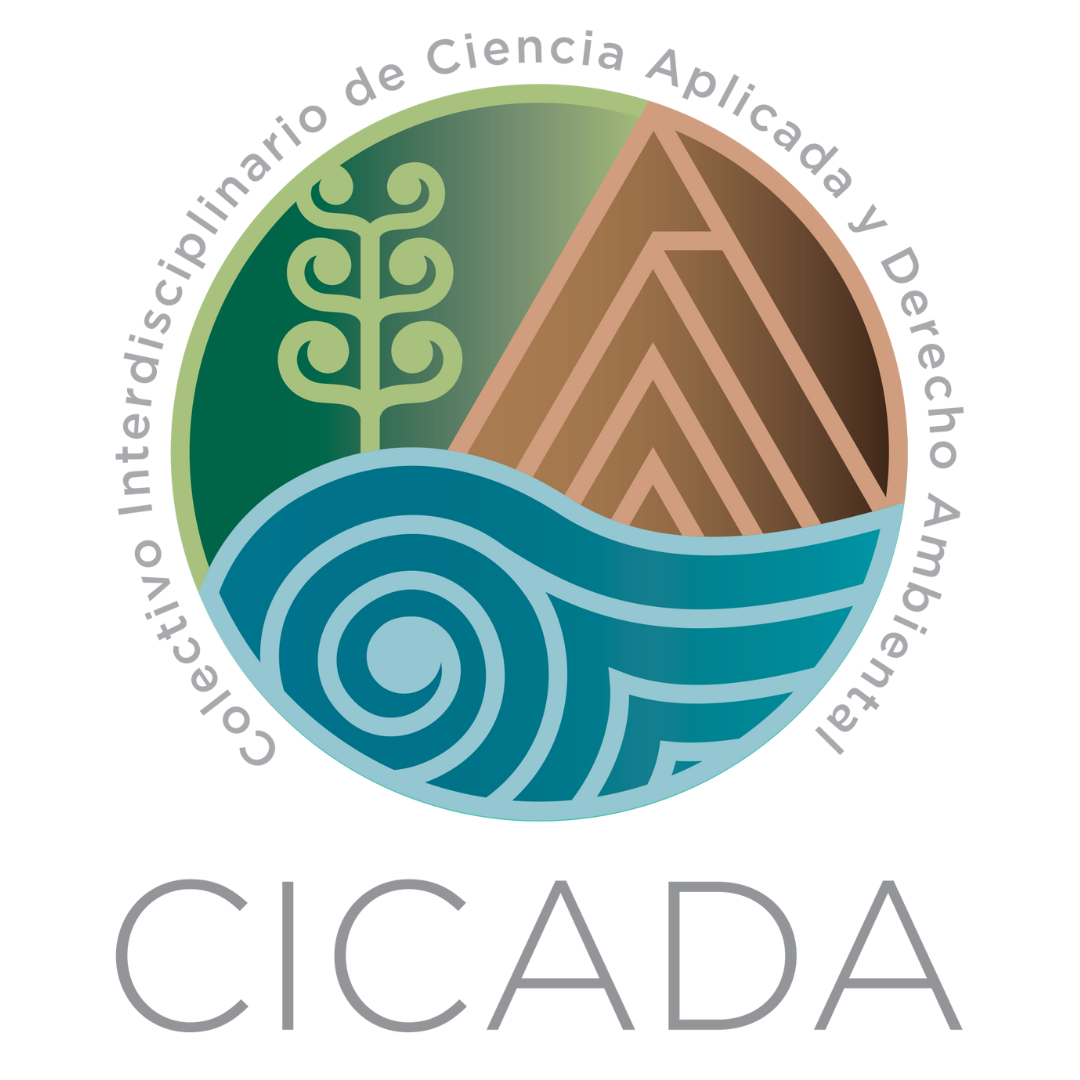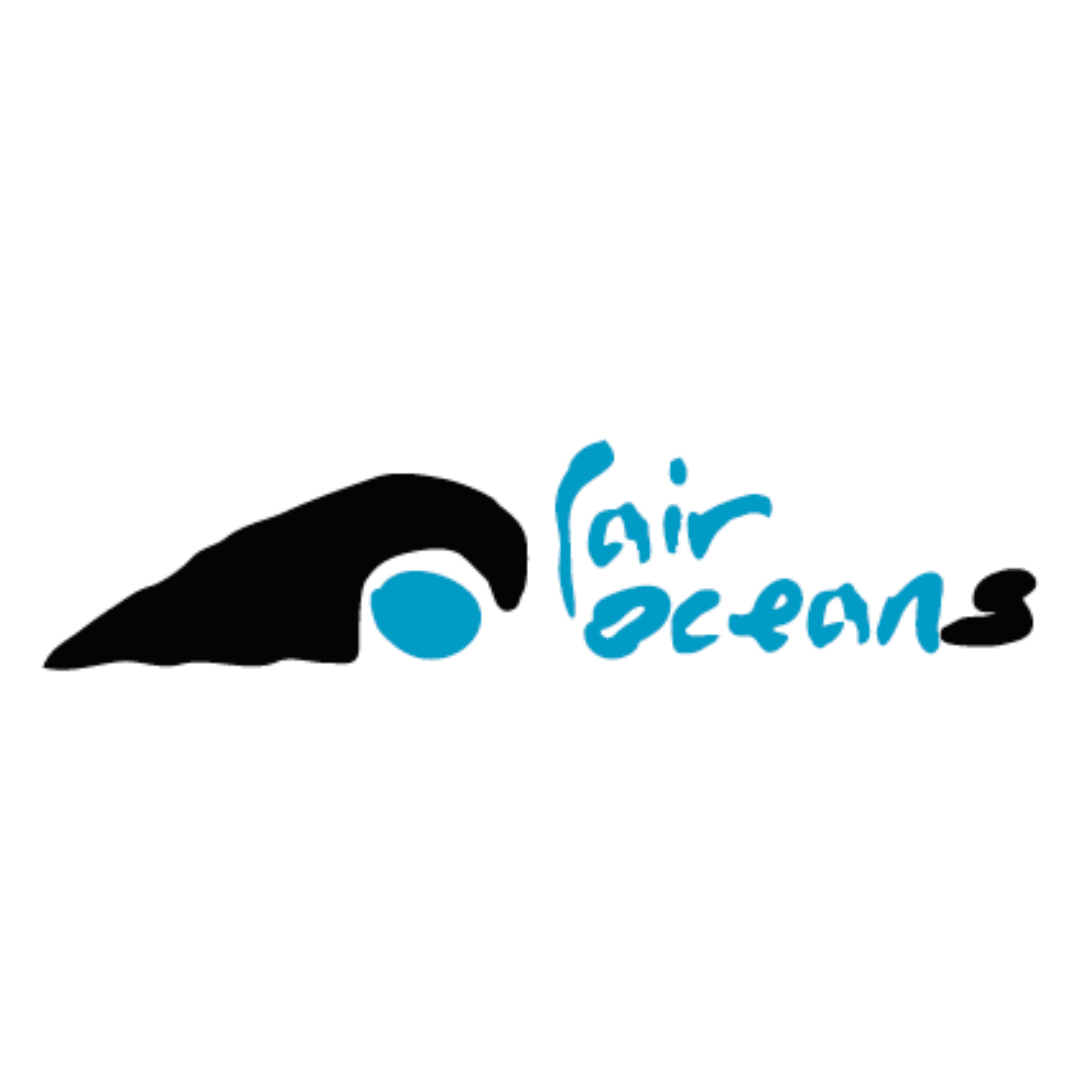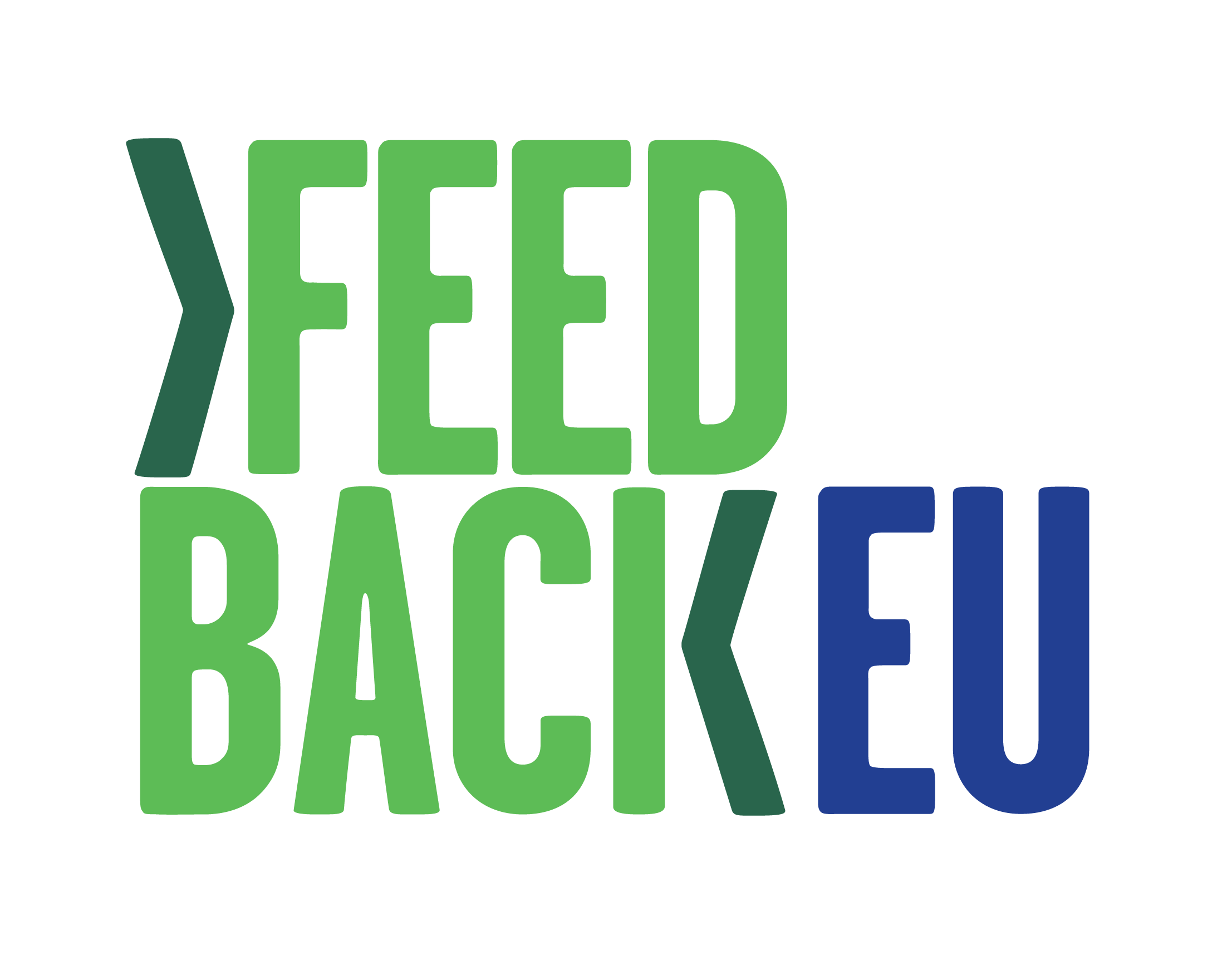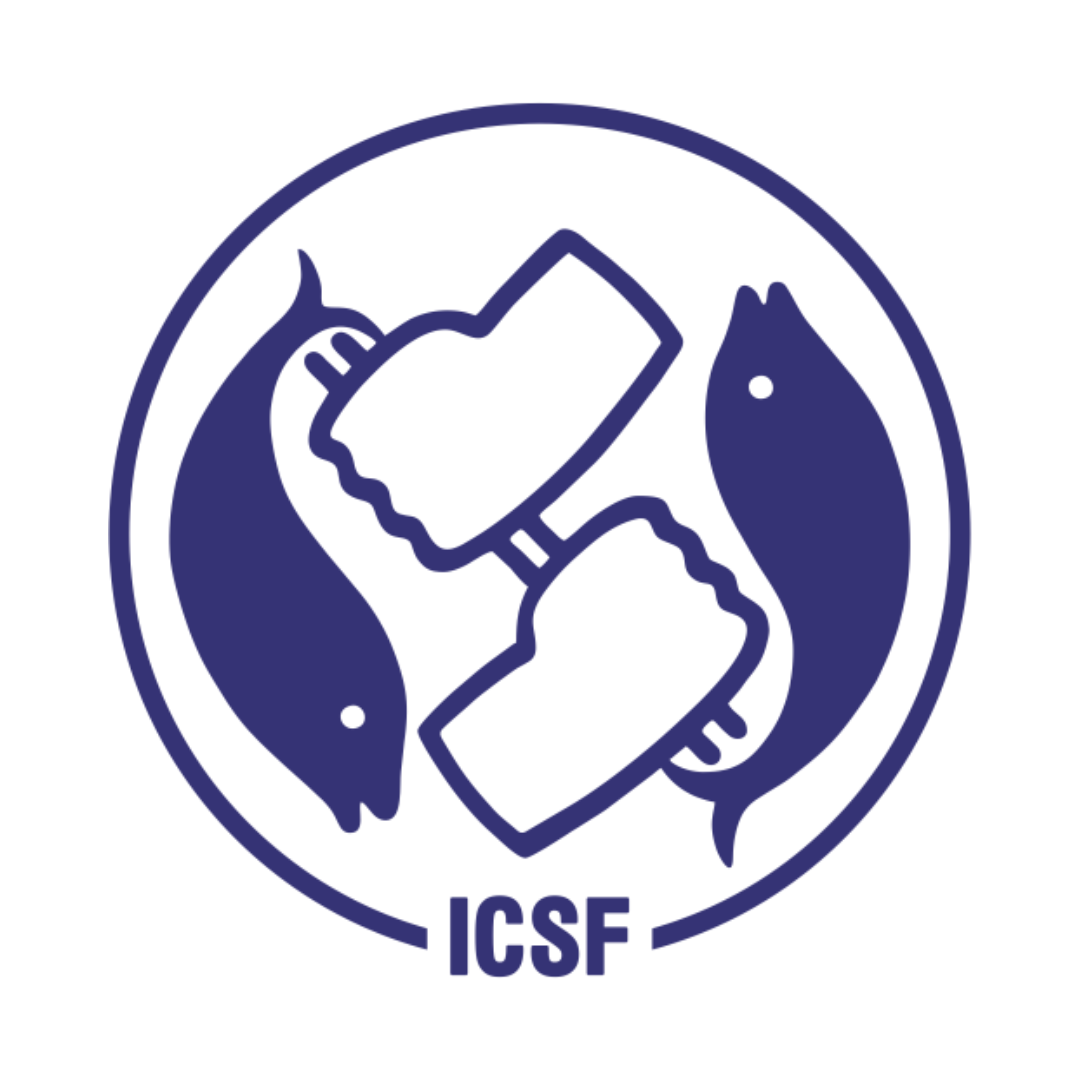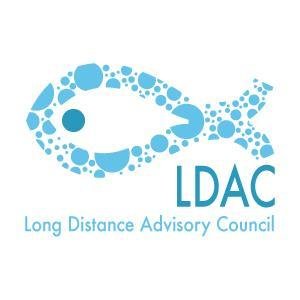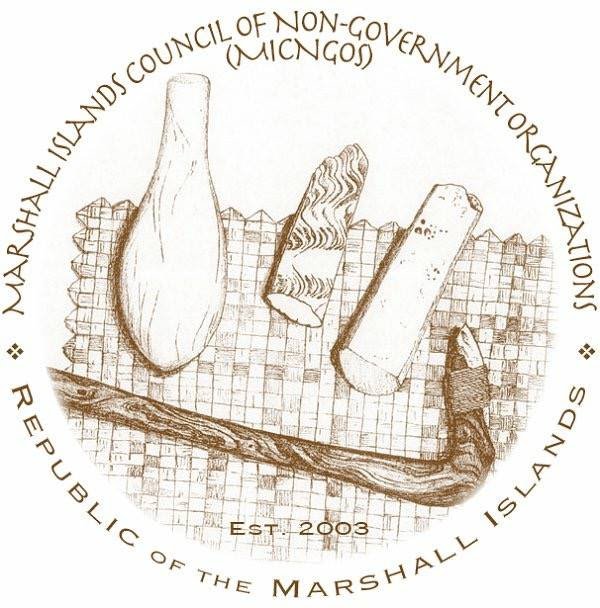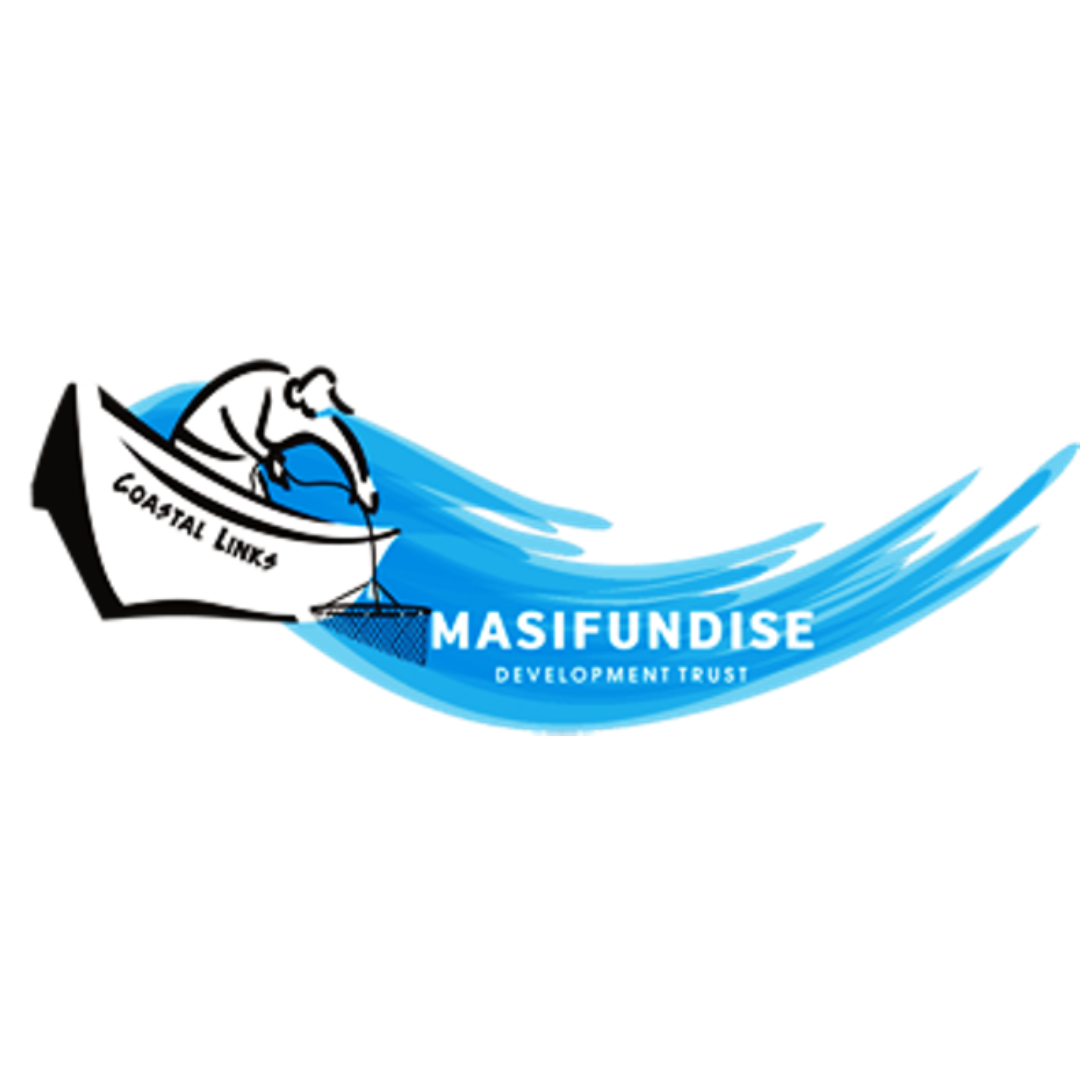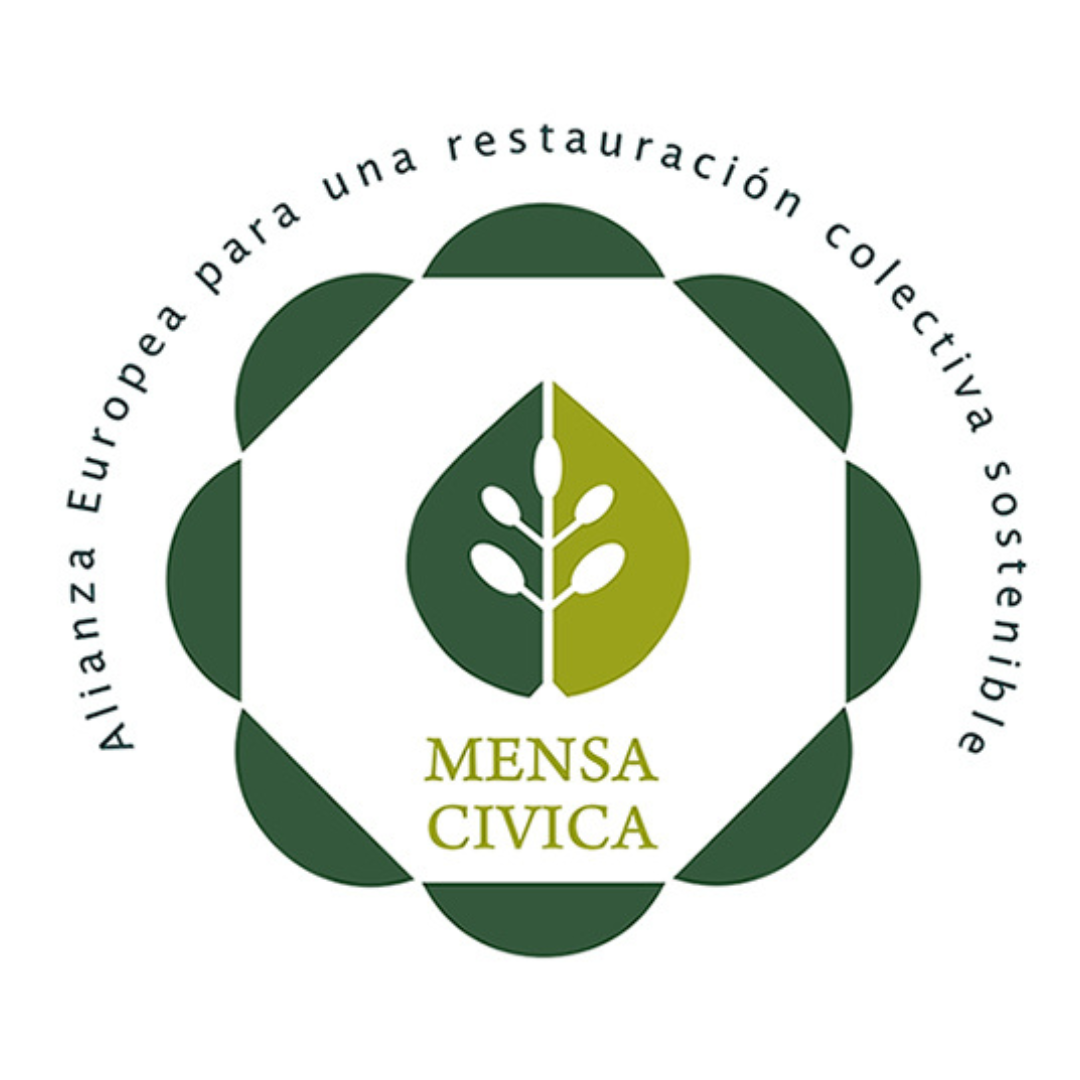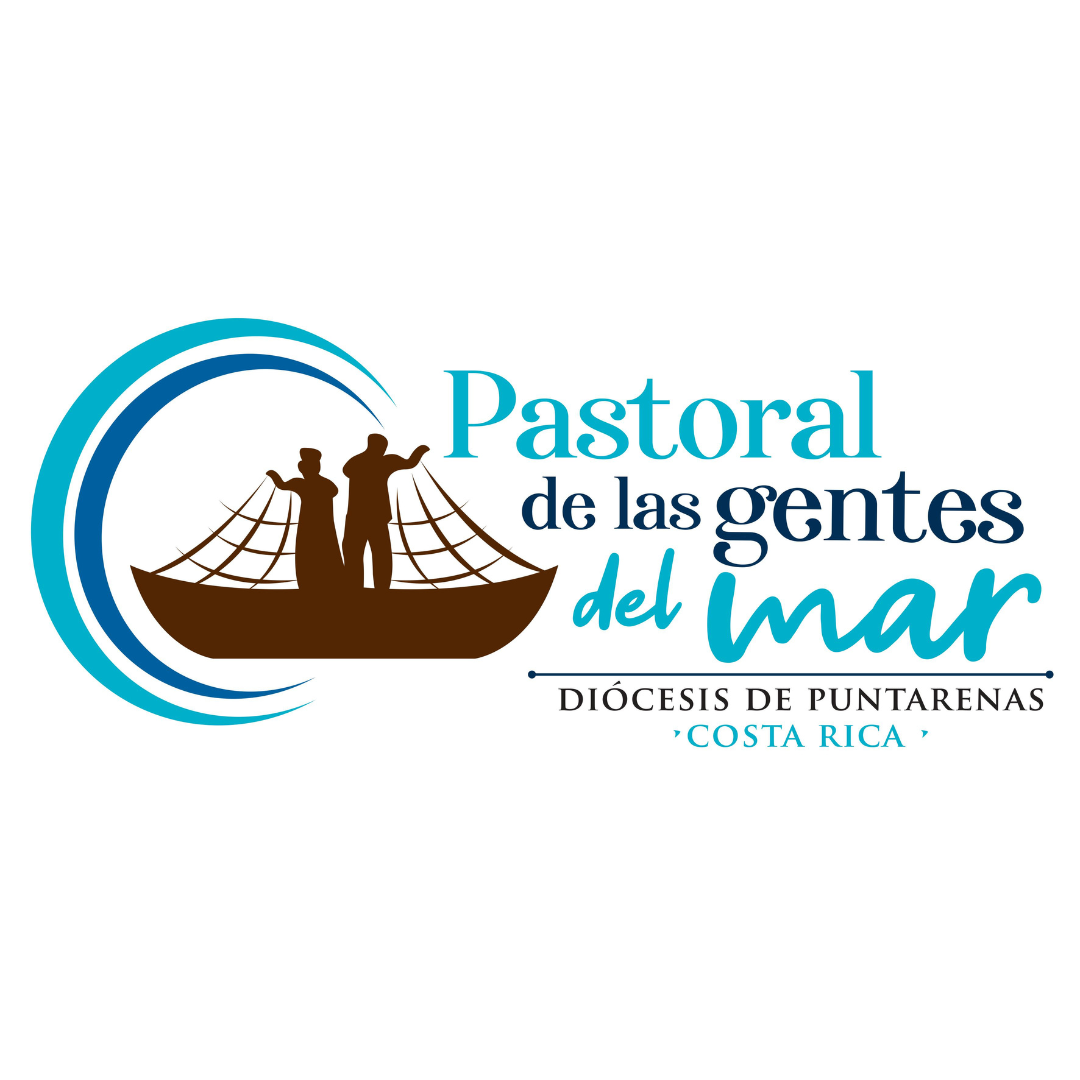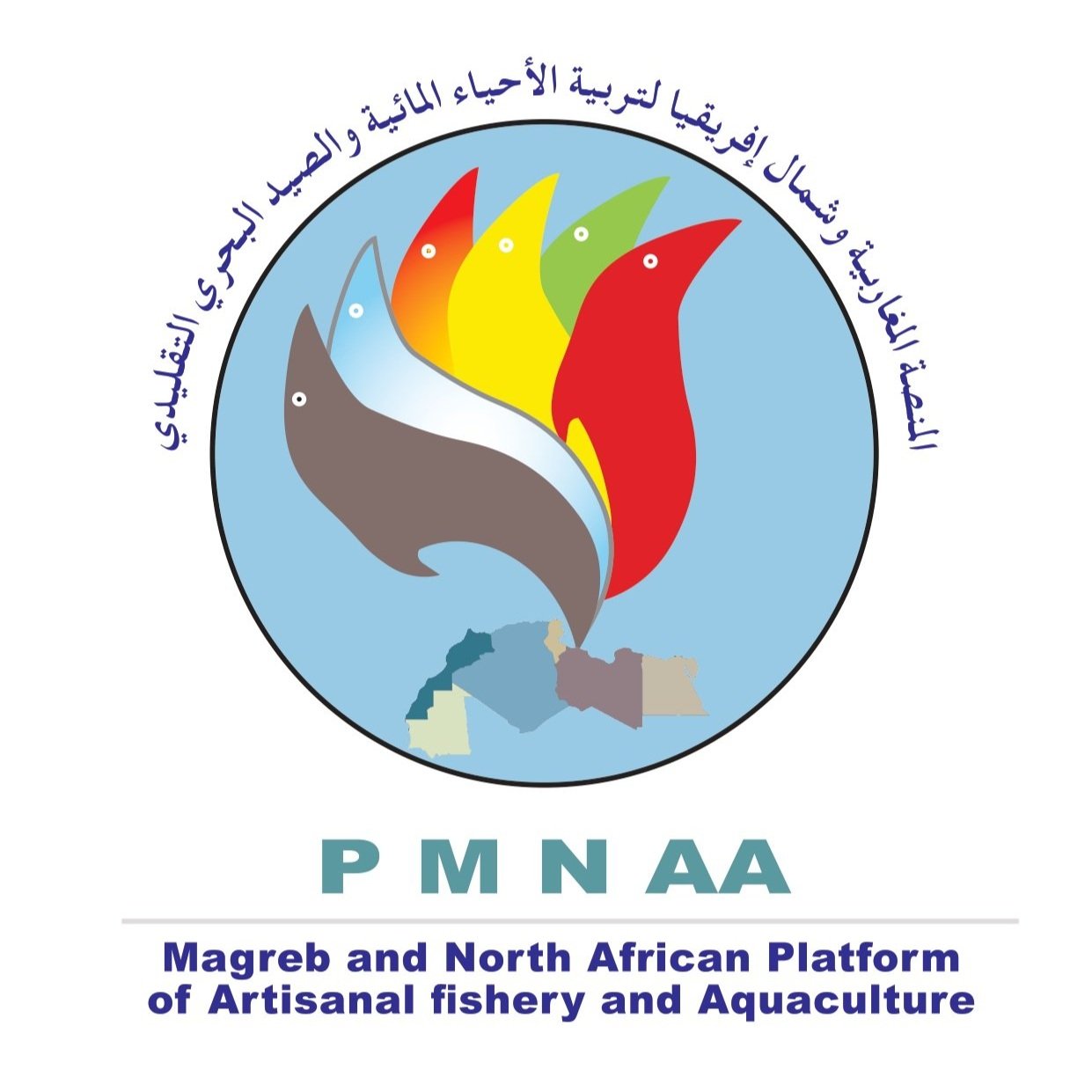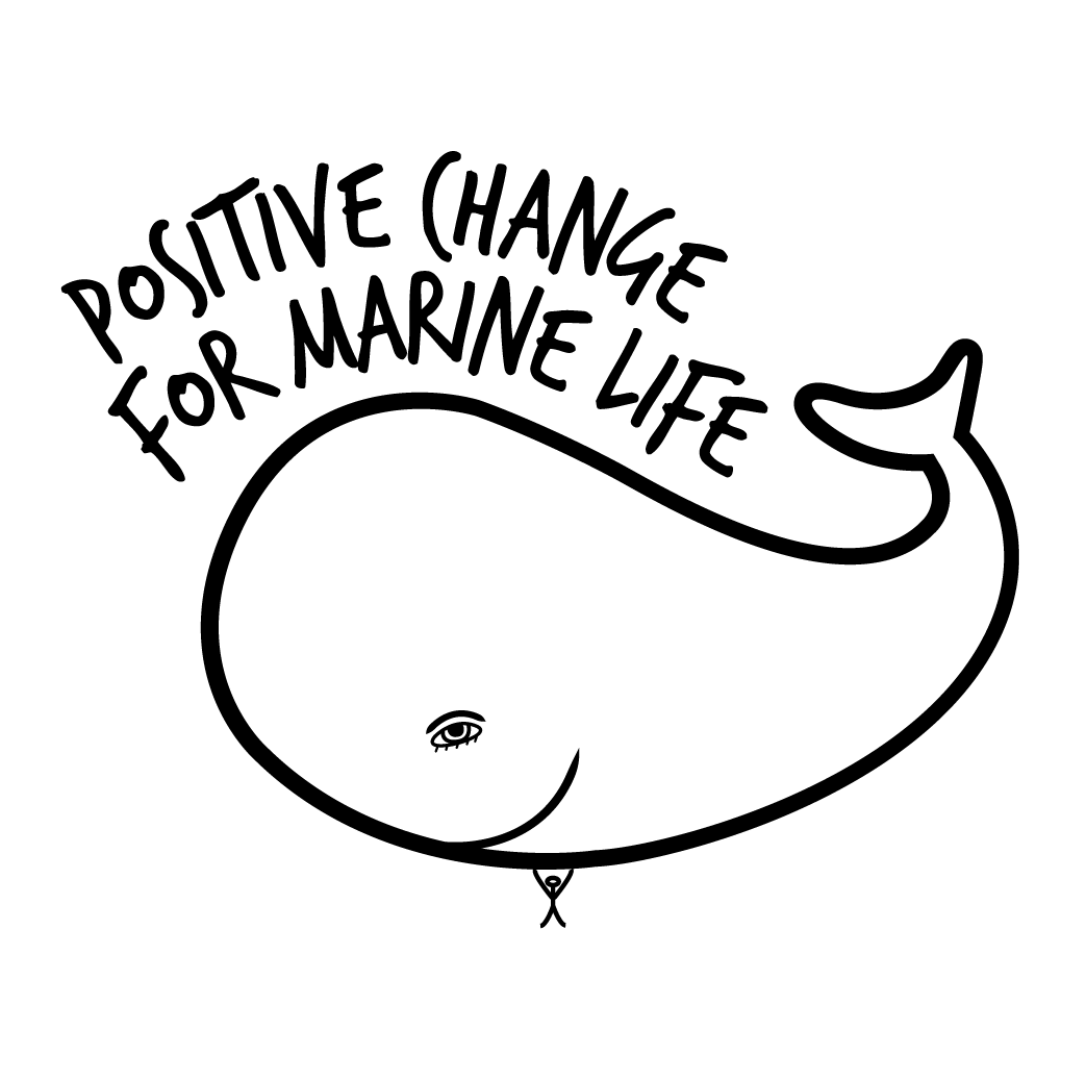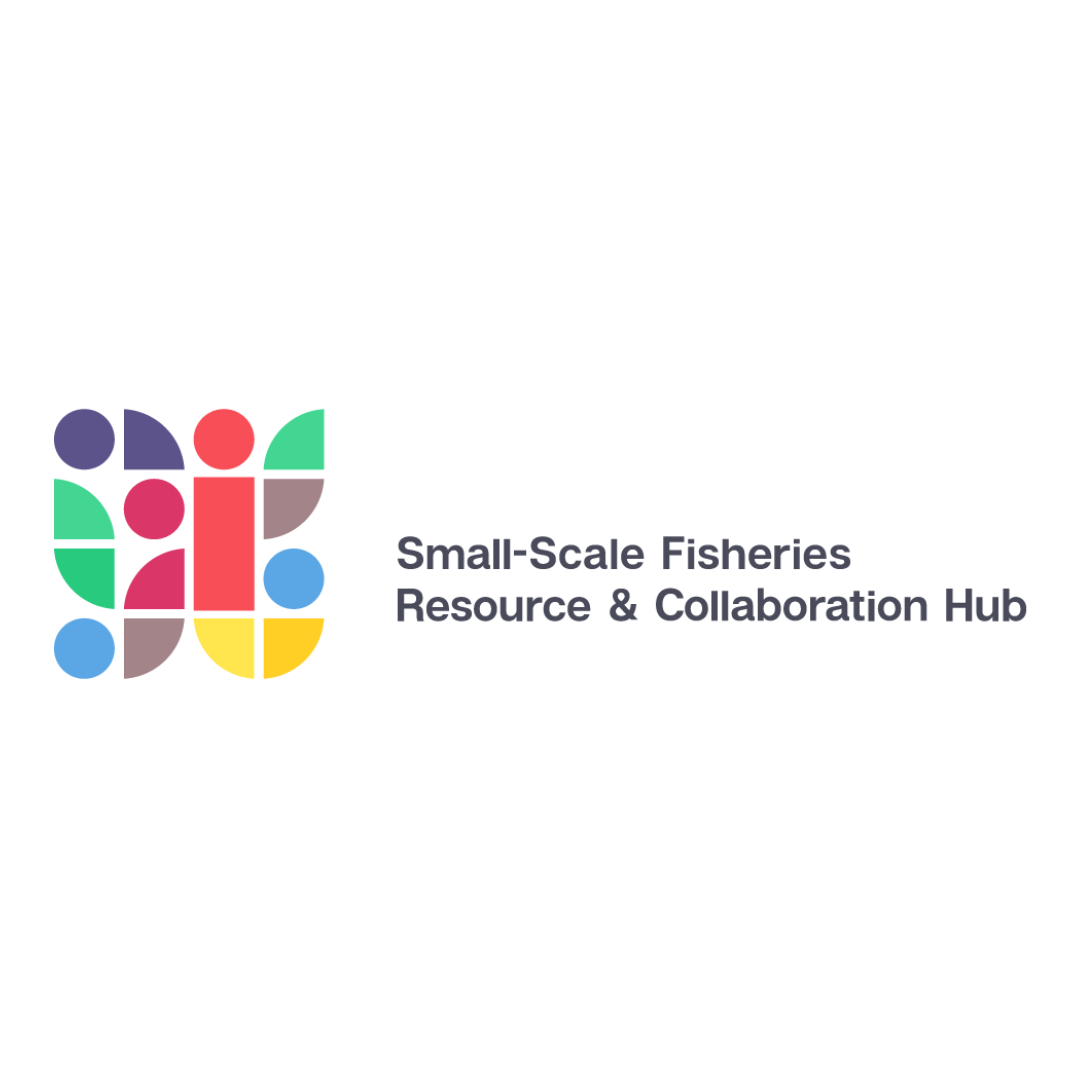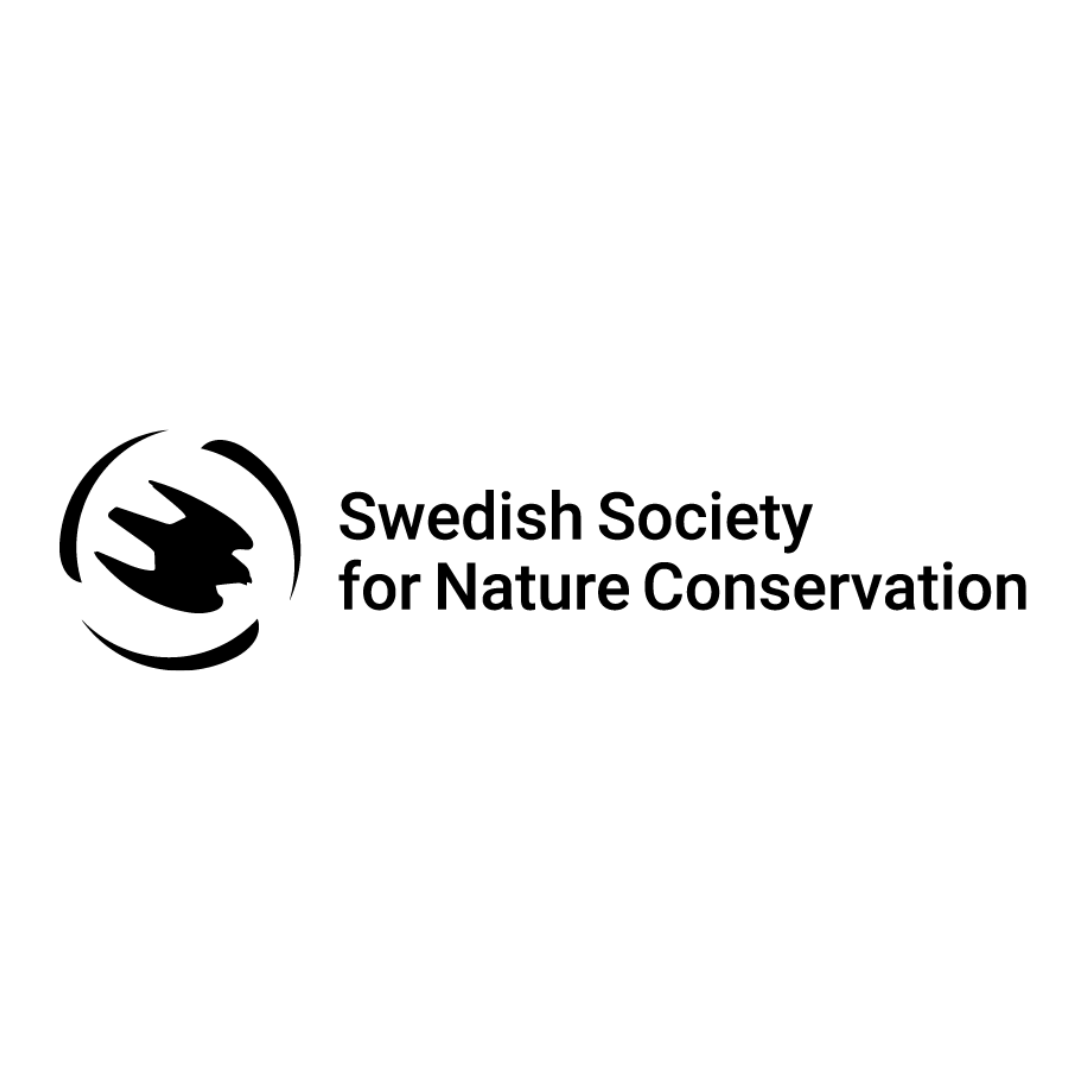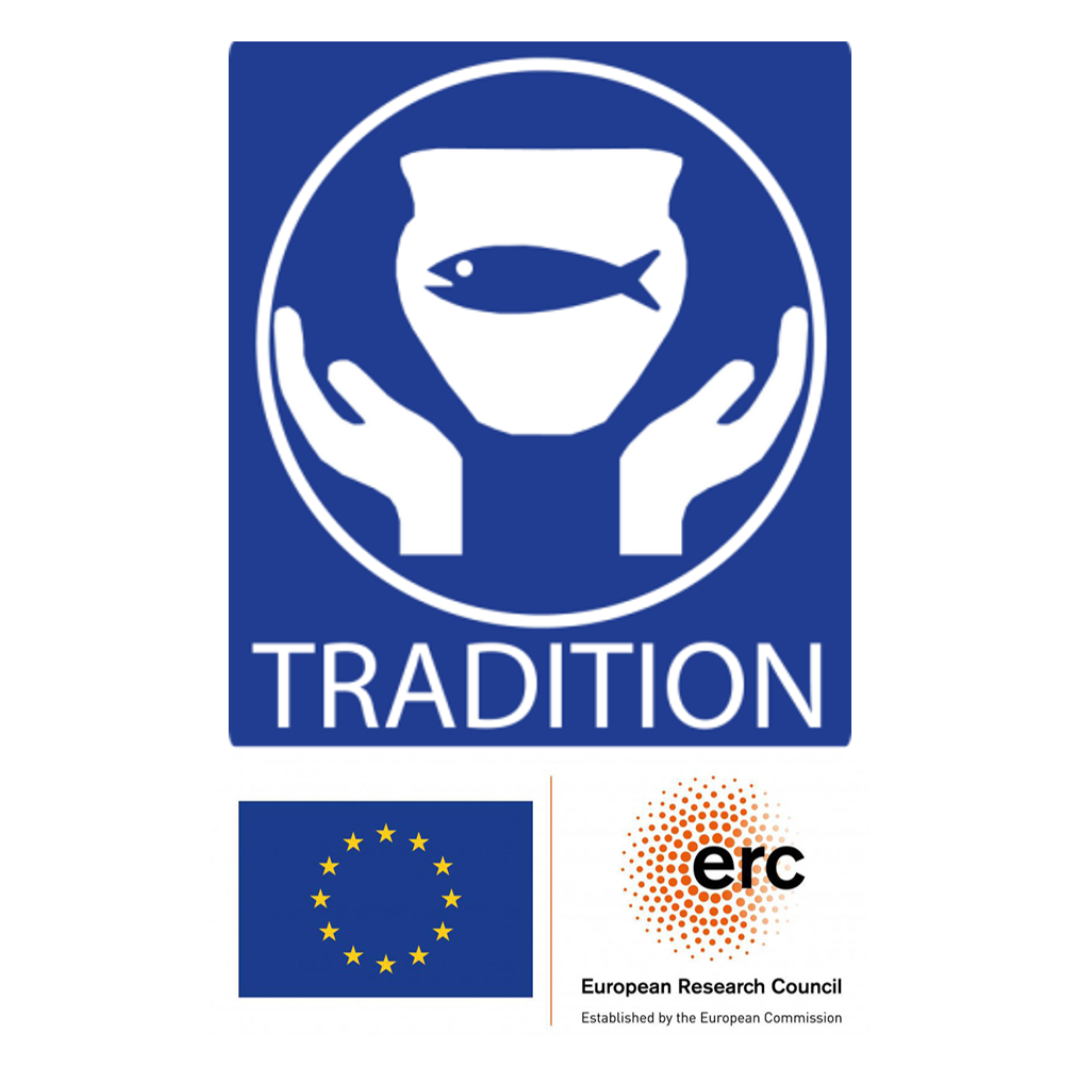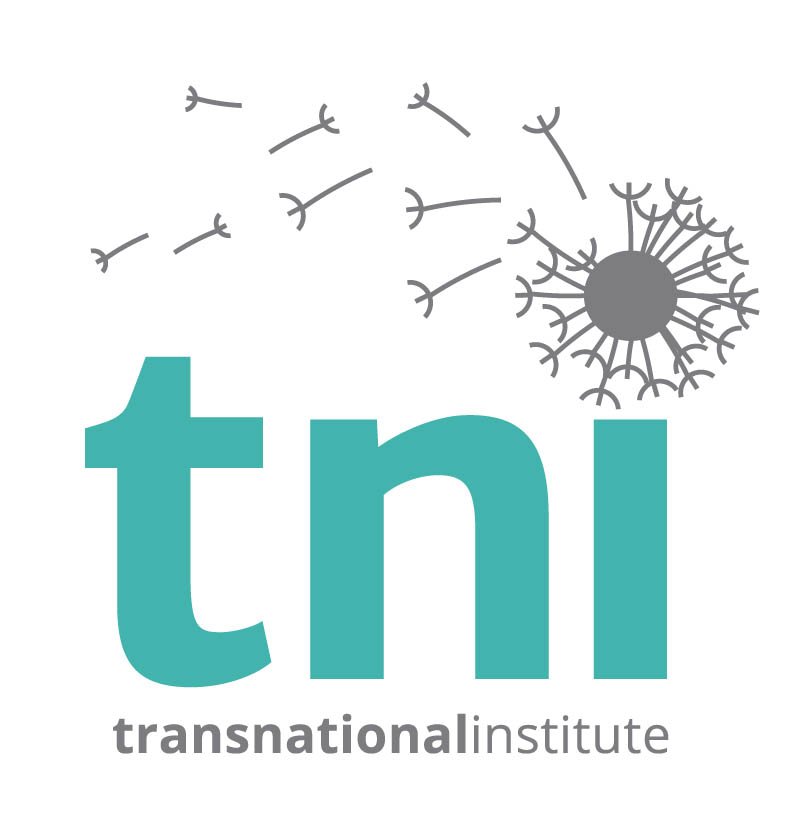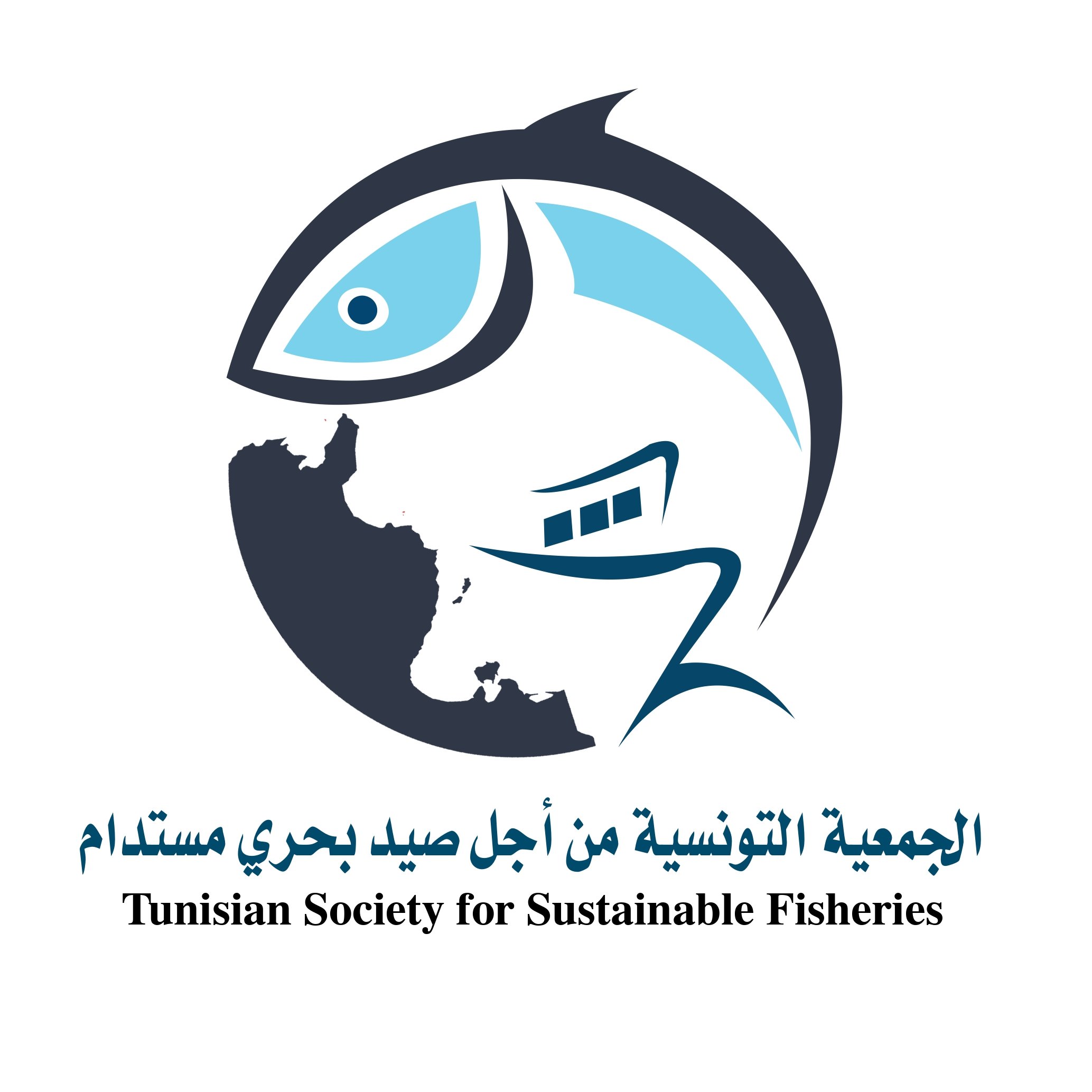2022 was the International Year of Artisanal Fisheries and Aquaculture. Sustainable Development Goal (SDG) 14.b calls on states to secure access to marine resources and markets for small-scale fisheries.
Small-scale fishers from six continents call their governments to action to ensure that small-scale fisheries are protected and restored, and that they continue contributing to economies, health, culture and wellbeing.
DOWNLOAD IN other languages
Women and men in maritime and inland small-scale fisheries (SSF) make a major contribution to livelihoods, employment, food security and revenue, in contrast to their marginalisation in decision-making. Coastal fishing communities are the most numerous ocean users.
To ensure healthy and resilient fishing communities, SSF require secure and preferential access to healthy oceans and ecosystems to effectively play their key roles as guardians of the ocean and contributors to food security and nutrition.
SSF demand that governments address the lack of science based, transparent, participative fisheries management and threats posed by pollution, competition for space and resources by other blue economy industries, and to invest in long-term resource management, ecosystems restoration and innovations introduced by women and men from fishing communities.



